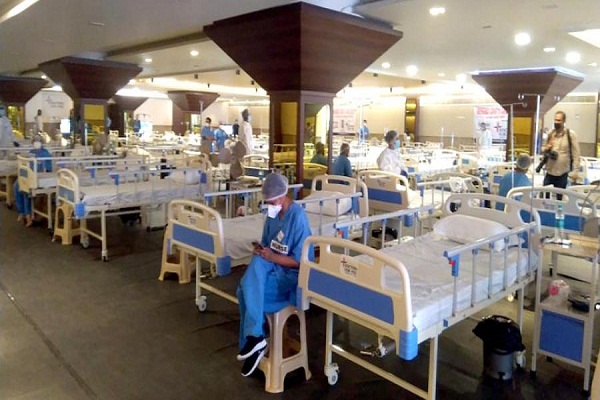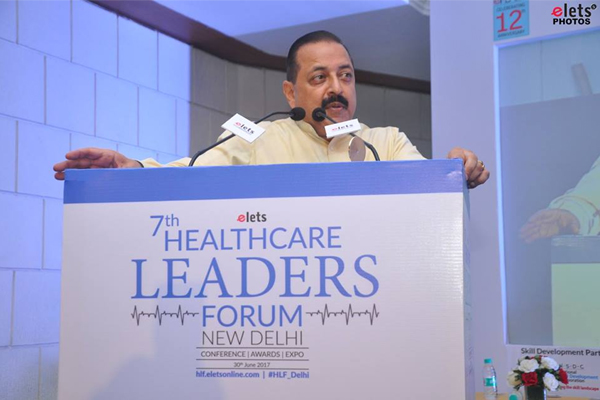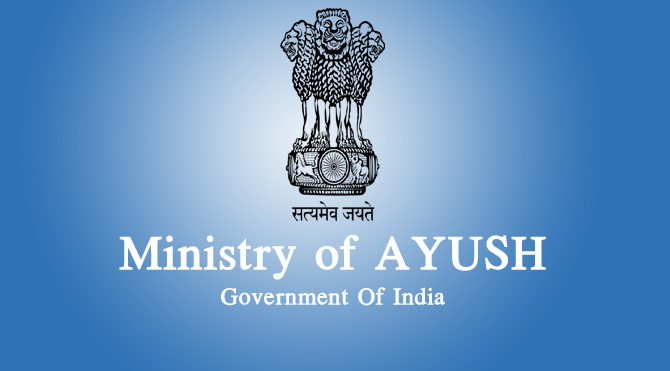

The health ministry will hold an inter-ministerial meeting on Monday to ensure that the existing foreign direct investment policy in the pharmaceutical sector is not at variance with the public health goals of the country.

Besides the Department of Industrial Policy & Promotion (DIPP), the nodal ministry for framing FDI policy, and the Department of Pharmaceuticals, a range of other stakeholders, including healthcare experts from the Public Health Foundation of India, will participate in the deliberations.
DIPP may float a discussion on how multinationals in the last few years have targeted specific therapeutic verticals such as injectables and cancer therapy for takeovers here, which has significantly eroded the strength of Indian drug makers to provide low-cost alternatives in these affected segments.
This comes in the wake of commerce and industry minister Anand Sharma requesting Prime Minister Manmohan Singh to revisit the FDI policy for brownfield investments in the pharmaceutical sector by calling a high-level meeting with the Finance, Health and Family Welfare, and Fertilizer and Chemicals Ministers. Sharma cautioned that the present policy may weaken domestic capabilities, compelling India to depend on imports or on domestic facilities owned by MNCs for life-saving drugs.

A section of the government is concerned that Indian generic drug industry is losing its edge in some of the highly-specialized and complex niche therapies such as oncology and injectables verticals, where only a few domestic players have been able to build capacities. If MNCs swallow these select players, this could mark the end of cheaper generic version of these drugs, these officials fret.
“Whenever a buy-out is proposed, we must thoroughly analyse the ramification on public health. To do that, we must look at the therapy competencies of the target Indian drugmaker, how much market share the company’s drugs command in its relevant vertical in the domestic market and compare the prices of its products to the competition products to get a clear understanding of what the country may lose,” said an official, who didn’t wish to be identified.
A DIPP official confirmed participation for Monday’s meeting. “We should be in a position to produce a drug in an emergency. If all the front-end facilities are gone, you cannot compel foreign entities to produce it for your domestic market,” said another government official, adding that during the formulation of the pharma FDI policy, no one imagined companies specializing in drugs other than just solid formulations, like vaccines and injectables, could be taken over like this.
Be a part of Elets Collaborative Initiatives. Join Us for Upcoming Events and explore business opportunities. Like us on Facebook , connect with us on LinkedIn and follow us on Twitter , Instagram.












